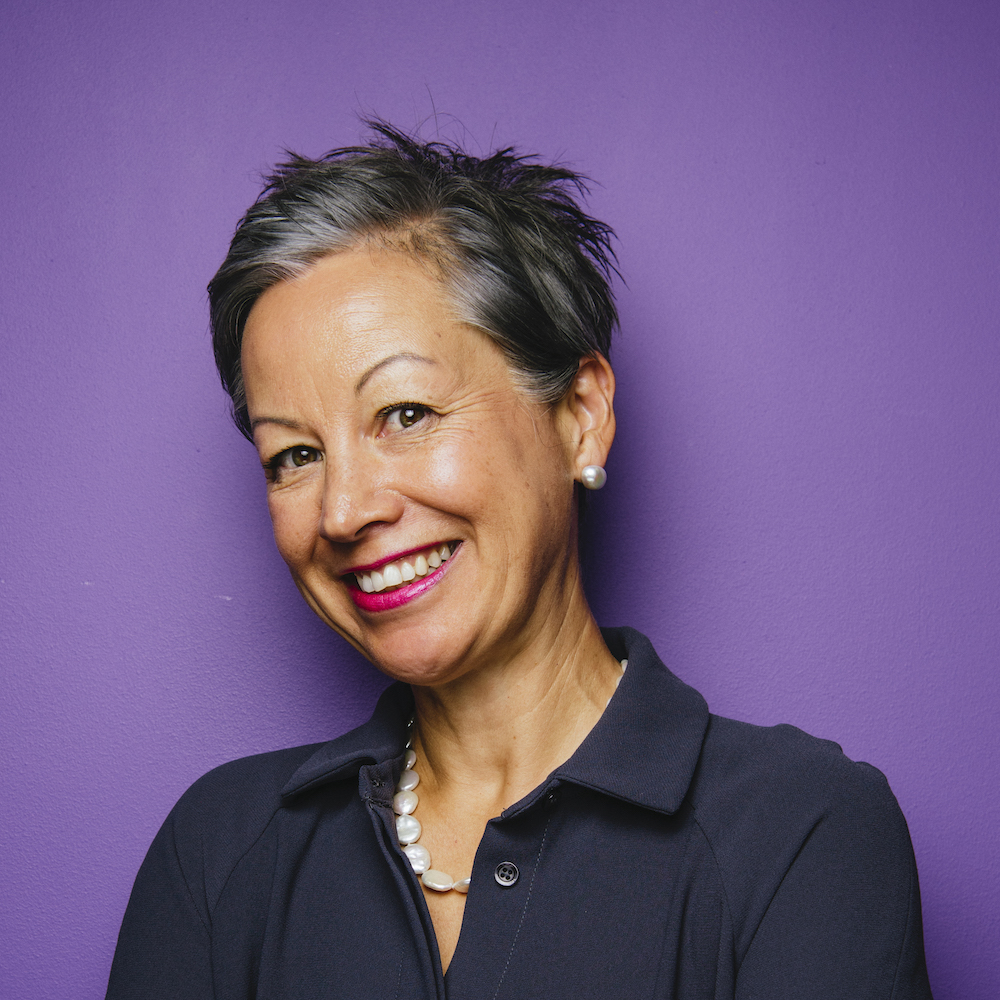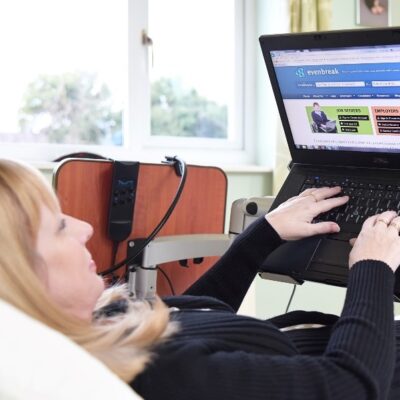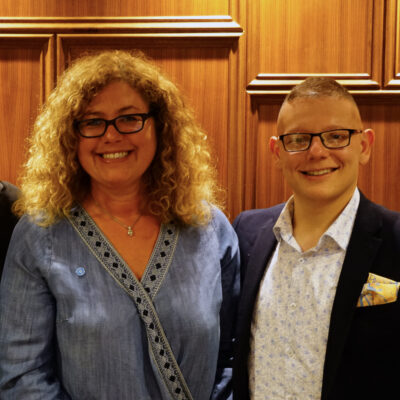Jacqueline de Rojas recently sat down for a live chat with Martyn Sibley on our Instagram channel. If you’d like to listen to this conversation rather than read it, you can find it here.
Learning to be visible
I was born Jacqueline Yu, from a Chinese father. I came from a compromised family background, we had very little money. I was a mixed race child and I didn’t know I was half Chinese until I went to school and it was pointed out quite quickly.
My father was very violent so I had a childhood where I was trying to be quite invisible. I loved school because it gave me structure and it made me feel safe there.
When I got to senior school and I got some good results my stepfather said to me ‘What are you trying to do, are you trying to show me up with your results?’ And that was a fork in the road to me.
I thought: actually I probably am going to go on a different path to you and show you how amazing I could be. That actually set me free and I was able to come out from the invisibility into my visible life. So I set my ambitions really high.
Vulnerability can be your fortress
Tech is a male dominated environment and as a result, I did become alpha myself but that was survival at the time … humans need to fit in. But as I got more senior in the organisation I needed to do something different to thrive, not just survive.
My ‘command and control’ style shifted to curiosity led leadership. I started asking more questions rather than giving my opinion on answers and that was crossing the chasm from manager to leader.
That was the big shift – admitting that I didn’t have all the answers and learning that vulnerability can be your fortress because other people in the room have brilliant ideas and more diverse teams make better business decisions.
The more diverse your team, the more quirky and diverse the solutions you get. Ideas are no respecter of hierarchy, they can come from anywhere. So I’ve always had this passion for diverse teams and getting ideas wherever I can.
Adversity is a great teacher
I lost out on a job once when I was managing more than 300 people and lost to a man who was managing 10. So I asked for feedback and was told ‘Jacqueline, we just don’t put women on the leadership team’ (this was in 1999). I never looked back from that. I do believe that adversity is a great teacher. When one door shuts another just opens up.
I found myself a job as a Managing Director but then suffered from imposter syndrome. I didn’t know what a MD does. So the only thing I could do is ask questions. That’ s a great way to be a leader.
I’m really good at solving problems (everybody else’s, not my own). So I branded myself as a troubleshooter in tech. Once I did that I never really looked for another job, everyone sort of came to me.
Sometimes when you say ‘no’ to something great things happen.
When I walked into Tech UK there wasn’t much diversity on the board, At the end of the first board meeting I said it wasn’t for me, that there was no one that looked like me and that I didn’t think I was going to be able to add anything. And they said ‘help us change it’ and I’ve been president since 2014. Sometimes when you say no to something, great things happen.
Why did you want to become part of Expert Impact Mentoring?
What it does is connect people with experience with those who have challenges, or just need a sounding board for something, or want to learn from other people’s experience. That can shorten their route to success, maybe boost their confidence, but also create space for them to be amazing and that’s what Expert Impact does I think.
It plays to my values of generosity, wanting to play my part and contribute back a bit. There’s some really great people in Expert Impact. Every problem has a different kind of skill set that you might need to solve it and if you stick with one mentor you’re never going to get all of the experience that you could get via the various mentors so that’s why I love it.
If you’d like some mentoring from Jacqueline or any of our other Experts, click here.



